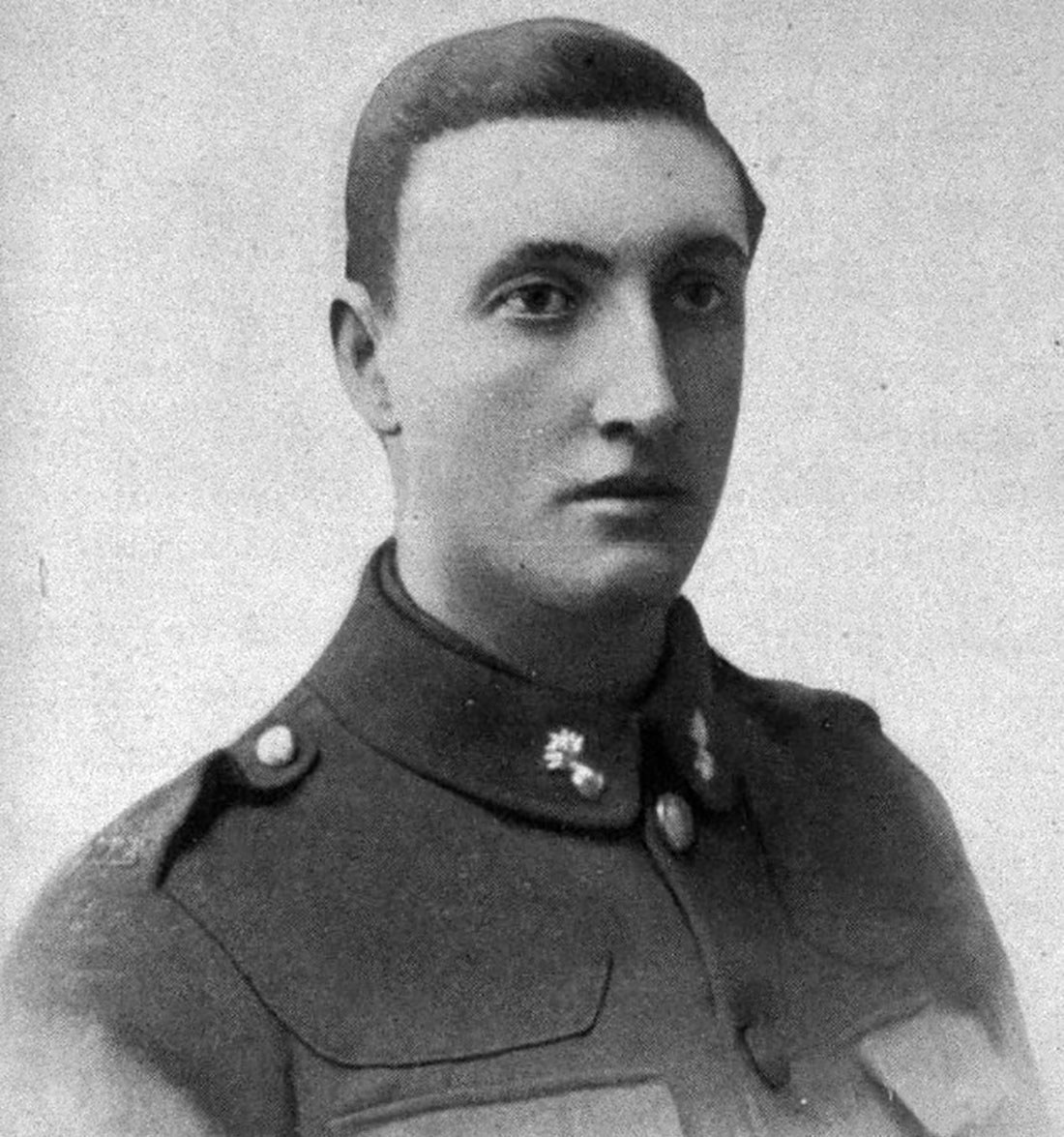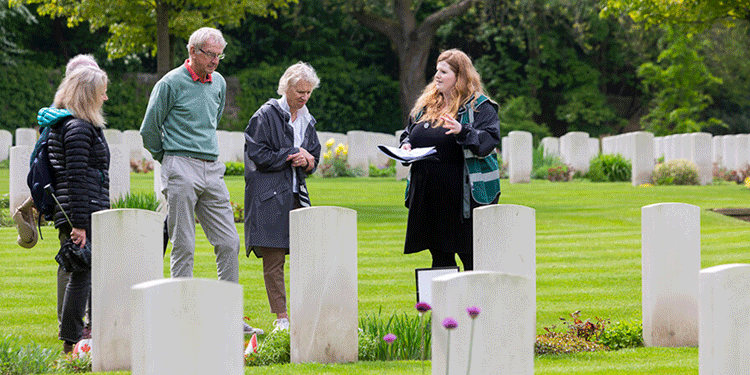
New Zealander Samuel Forsyth had an eventful war prior to losing his life in August 1918.
Samuel was born in Wellington, New Zealand, the son of night watchman Thomas Forsyth and his wife Grace. Samuel had three siblings.
Following education, Samuel worked as a gold amalgamator at the Monowai Gold Mining Company in Thames. He also did charity work, volunteering with the Sailor’s Friend Society, and had already had some military experience after joining the Territorial Force in 1910.
Joining up with the New Zealand Expeditionary Force as a sapper with New Zealand Engineers in 1914, Samuel was soon involved in the ill-fated Gallipoli Campaign.
While in the Dardanelles, Samuel contracted jaundice and was sent to the Greek island of Lemnos to recover his health.
After recuperation, Samuel was posted to Etaples, France where he joined the New Zealand Division. With his fellow engineers, Samuel built roads and strong points necessary for advancement and defence. He quickly earned distinction for his service and by March 1917 had reached the rank of Corporal.
Samuel’s unit was involved in several important battles on the Western Front at this time, including the Battle of Messines and the infamous Battle of Passchendaele.
Come March 1918, the Imperial German Army launched the Spring Offensive: a massive assault on Allied positions across the Western Front designed to win the war.
Samuel and the Kiwi Sappers helped stall the offensive by building improvised defences and holding the line in vital sectors. The Germans never achieved their desired breakthrough.
By this time, Samuel had reached the rank of Serjeant, earning promotion in March 1918 after being recognised for his service.
Come August 1918, and the opening stages of the Hundred Days Offensive, Samuel had been attached to the 2nd Battalion of the Auckland Infantry. He was on probation for a commission which would have seen Samuel become an officer.
On 24th August, the Auckland Infantry formed part of the New Zealand assault force, targeting the village of Grévillers as part of the Second Battle of Bapaume. It was here Samuel would earn the Victoria Cross: Britain’s highest military honour.
The citation for Samuel’s Victoria Cross, as published in the 18 October Edition of the London Gazette, reads:
“For most conspicuous bravery and devotion to duty in attack. On nearing the objective, his company came under heavy machine-gun fire.
Through Serjt. Forsyth's dashing leadership and total disregard of danger, three machine-gun positions were rushed and the crews taken prisoner before they could inflict many casualties on our troops.
"During subsequent advance his company came under heavy fire from several machine guns, two of which he located by a daring reconnaissance.
"In his endeavour to gain support from a tank, he was wounded, but after having the wound bandaged, he again got in touch with the tank, which in the face of very heavy fire from machine guns and anti-tank guns, he endeavoured to lead with magnificent coolness to a favourable position.
"The tank, however, was put out of action. Serjt. Forsyth then organised the tank crew and several of his men into a section and led them to a position where the machine guns could be outflanked.
"Always under heavy fire, he directed them into positions which brought about a retirement of the enemy machine guns and enabled the advance to continue.
"This gallant N.C.O. was at that moment killed by a sniper. From the commencement of the attack until the time of his death Serjt. Forsyth's courage and coolness, combined with great power of initiative proved an invaluable incentive to all who were with him and he undoubtedly saved many casualties among his comrades.”
Samuel is one of 70 Kiwi soldiers buried at Adanac Military Cemetery.



